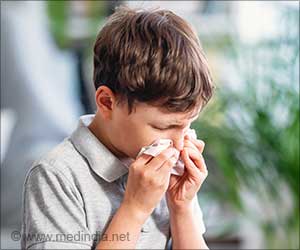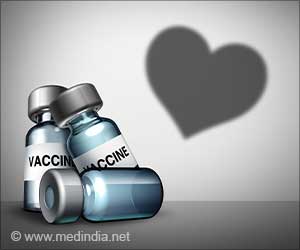
How Children Are Being Affected by Long COVID?
There has been a critical need to understand the impact of COVID-19 on children both in the short as well as long-term. This is one of the biggest studies we know of to explore what the post-acute sequelae look like in children.‘Children who experience post-COVID-19 symptoms such as myocarditis, abnormal liver enzymes, hair loss, skin rashes, and diarrhea are more unique than adults.’
Tweet it Now
While the presentation has some overlap compared with adults, distinct features exist in children. The risk for PASC appears to be higher in children younger than five years of age, those with medical complexity, and those admitted to the intensive care unit with their initial COVID-19 infection.Researchers used electronic health record data from PEDSnet member institutions of 659,286 children who tested for SARS-CoV-2 and compared 59,893 children who tested positive with those who tested negative.
Later, conducted a multistate analysis using EHR data of children and people younger than 21 years of age who underwent testing for SARS-CoV-2 at one of eight pediatric health systems in the country between March 1, 2020, and Oct. 31, 2021.
Clinicians identified conditions, symptoms, and medications associated with PASC in the one to six months following testing. Out of 660,000 children who underwent testing, 9% were positive and most were tested as outpatients.
Symptoms most strongly associated with infection included changes in loss of smell and taste, hair loss, chest pain, abnormal liver enzymes, skin rashes, fever and chills, fatigue, and malaise.
Advertisement
Advertisement















